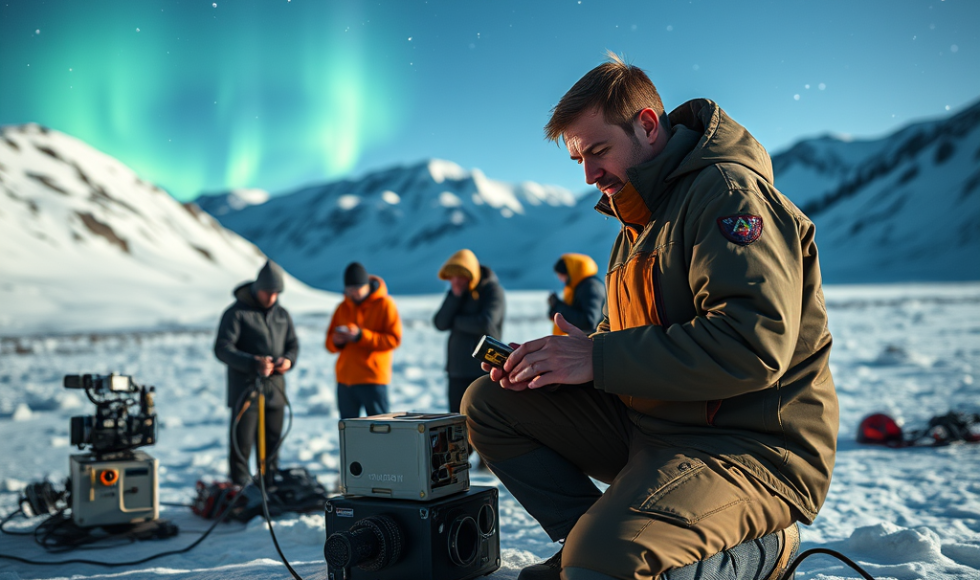Tonight, I watched Devin M. Drown from the University of Alaska Fairbanks present on “Testing the MinION Mk1D in Alaska.” Drown is an Associate Professor and Faculty Director of the Institute of Arctic Biology Genomics Core. Drown is passionate about training, including doing MinION hackathons. Drown, like me, was excited to test the device. They explained that the device has extended operating conditions, and Drown and team are interested in field testing. Students in the lab used the lambda control DNA and ran the MinION Mk1D on a R10.4.1 flow cell. They obtained in 18 hours about half a million reads and almost 7 Gbases of high quality (Q mid-20s). During the sequencing run, the team kept track of the lab temperature (23 degrees C). The team loaded a Mk1B with the other half of the library. Both devices had Q score medians of 22. The research team also tried a small lab refrigerator and tested 12.8 and 3.4 for another test. The quality scores, based on one test, were still in the 23-24 Q for Mk1D! The Mk1B did throw errors in MinKnow at low temperatures, and the translocation speed was ~200 bps. Drown ran the Mk1D with DNA from Alaskan soil prepared with the LSK114 kit. They ran the flow cell in the field. Even though the temperature dropped during the test, the yield was consistent in terms of Gbases and reads. With 512 active channels, the mean length was 4.3 kb and median read quality 22.7 for 2.4 million reads! Drown described the soil health at high latitude soils project. Drown concluded that the Mk1D performed well at different temperatures and in the field in their testing. This was a fun session to watch, and I love the projects Drown is involved with!



